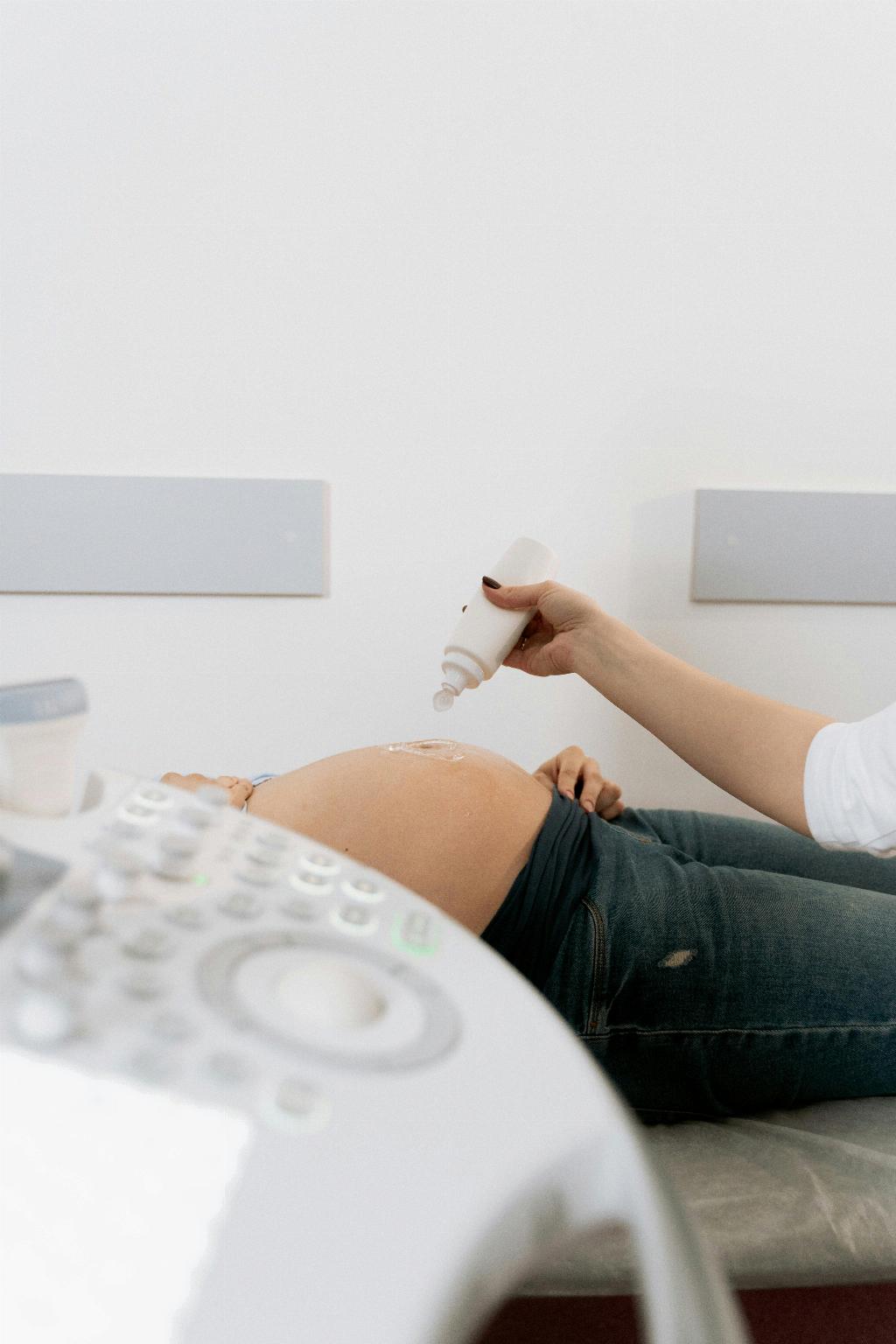Many women who have had a cesarean section (c-section) with their first child might wonder how it could potentially impact their second pregnancy. The reality is that a c-section can indeed have an influence on subsequent pregnancies, particularly when it comes to the mode of delivery for the second child. Let’s delve deeper into this topic to understand the implications better.
Risk of Repeat C-section
One of the primary considerations for mothers who have had a c-section in their first pregnancy is the increased likelihood of needing another c-section for subsequent deliveries. Research suggests that women who have undergone a c-section once are more likely to have a repeat c-section in future pregnancies.
Reasons for Repeat C-section
The decision on whether to opt for a vaginal birth after cesarean (VBAC) or choose a repeat c-section in a second pregnancy often depends on the reason for the initial c-section. If the cesarean was performed due to specific factors, such as the position of the baby, the likelihood of a vaginal delivery in the future may vary.
Factors Influencing Vaginal Delivery
While it is possible for some women to have a vaginal birth following a previous c-section, certain factors play a crucial role in determining the feasibility of this option. For instance, if the reason for the first c-section was not likely to recur in the second pregnancy, a vaginal delivery might be a viable choice.
Consulting Healthcare Providers
It’s essential for women with a history of c-section to discuss their options thoroughly with their healthcare providers when planning for a second pregnancy. Medical professionals can offer personalized guidance based on individual circumstances and provide insights into the safest delivery method for both the mother and the baby.
Risks and Complications
While vaginal birth after c-section is an option for some women, there are potential risks and complications associated with this choice. These include the risk of uterine rupture, which can be a serious concern during labor after a previous c-section.
Benefits of VBAC
Despite the potential risks, opting for a vaginal birth after a c-section may have its advantages for some women. VBAC can lead to a quicker recovery time compared to a repeat c-section and can reduce the risks associated with major abdominal surgery.
Mental and Emotional Considerations
It’s essential for women to also consider the mental and emotional aspects of their birthing choices. Some mothers may have strong preferences for either a vaginal birth or a c-section based on their previous experiences and personal comfort levels.
Support System
Having a strong support system in place can be beneficial for women navigating the decision-making process regarding their delivery method in their second pregnancy. Support from partners, family members, or healthcare professionals can help alleviate concerns and provide valuable assistance.
Individualized Approach
Just as every pregnancy is unique, the decision regarding the mode of delivery following a previous c-section should be individualized to cater to the specific needs and circumstances of each woman. What works best for one person may not necessarily be the ideal choice for another.
Conclusion
In conclusion, while a c-section can impact the delivery options for a second pregnancy, there are various factors to consider when making this decision. By consulting with healthcare providers, weighing the risks and benefits, and evaluating personal preferences, women can determine the most suitable approach for their subsequent deliveries.

